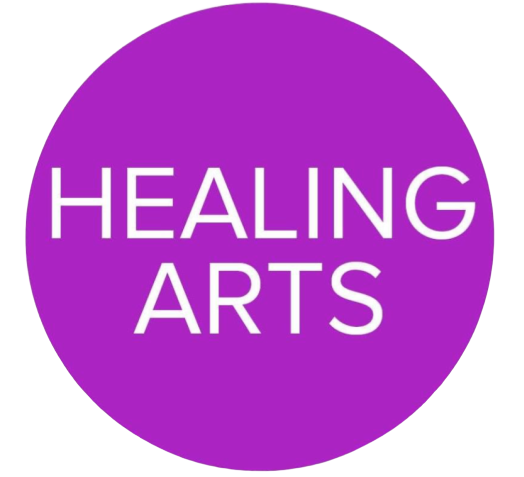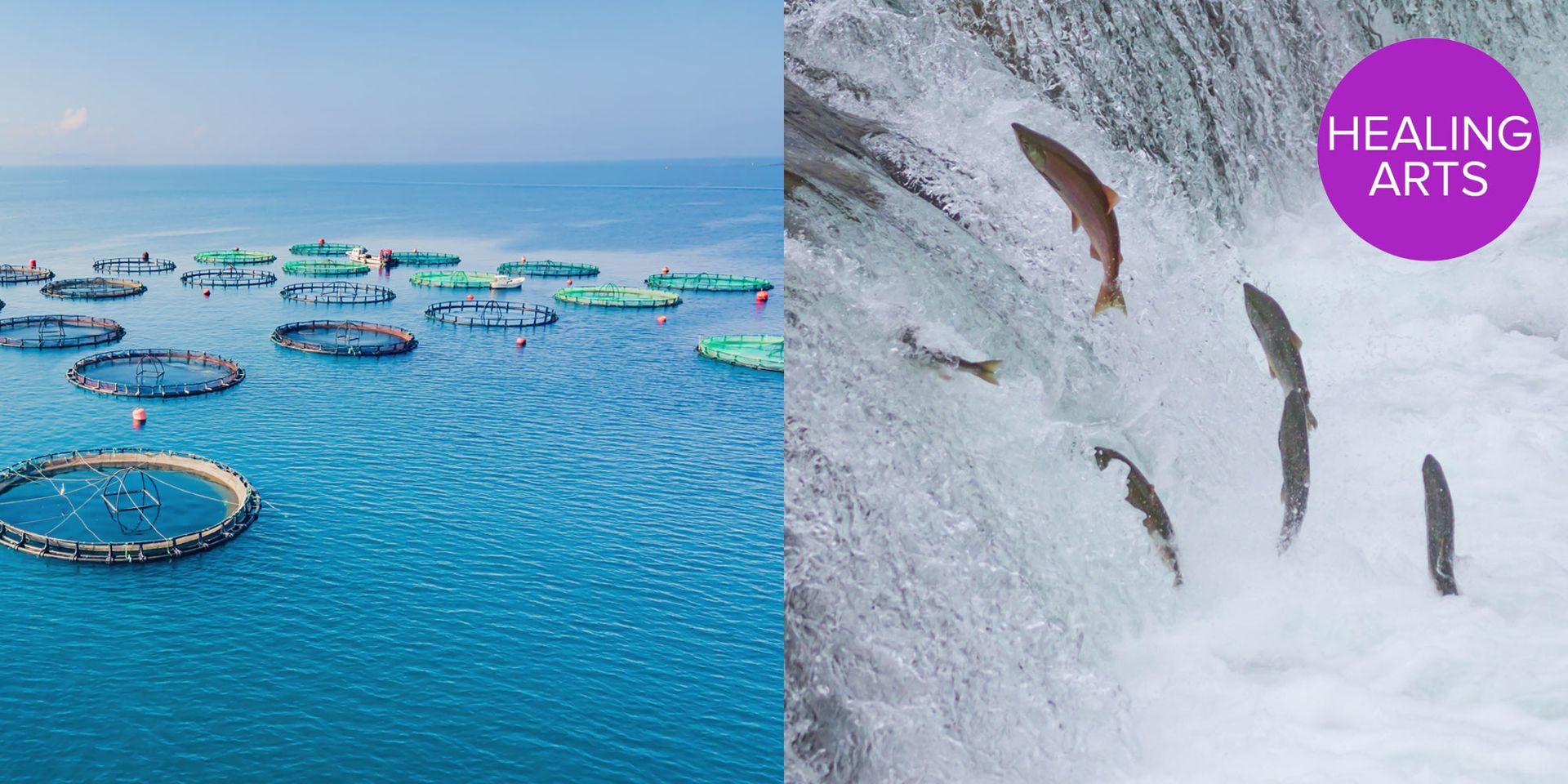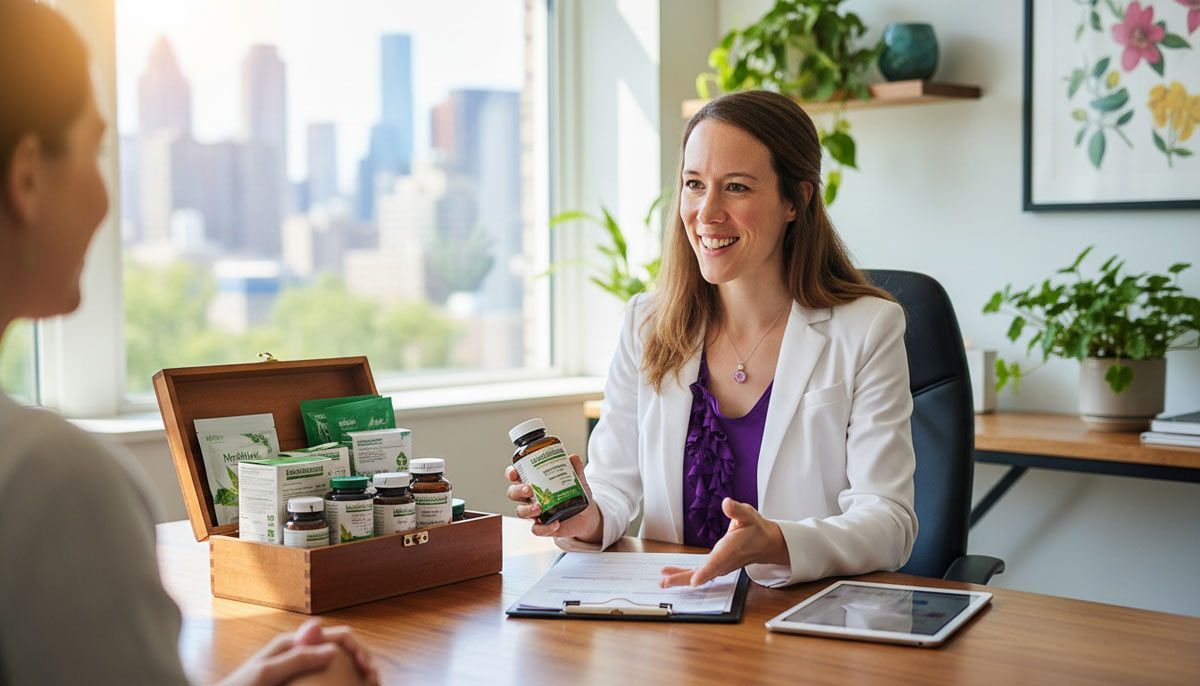The Truth About Farmed Vs. Wild Caught Salmon
Wild salmon eat other organisms found in their natural environment, while farmed salmon are given processed, high-fat, high-protein feed to produce larger fish. This means the nutrition you receive is different depending on what you eat.
Dr. Alicia Armitstead
When eating fish, we must be careful about its quality to prevent mercury toxicity or parasite infestation. At Healing Arts, we perform many mercury detoxes and parasite cleanses for patients. When they appear necessary after the muscle testing evaluation, I don't tell patients to avoid eating fish, for only some pieces are contaminated. Fish has a lot of good lean protein and is nutrient-dense with omega-3 and other health benefits.
Unfortunately, there is no way to know if a piece of fish is loaded with mercury or has parasites in it. Our goal at Healing Arts is to support the body's health enough that if a piece of fish has parasites or mercury in it, the body can detoxify it on its own—toxin in, toxin out. Salmon is a very common fish with both toxins and is widely consumed. The only choice we really have when buying salmon is to choose between farm-raised or wild-caught.
Here's what you need to know about the two. Wild salmon eat other organisms found in their natural environment, while farmed salmon are given processed, high-fat, high-protein feed to produce larger fish. This means the nutrition you receive is different depending on what you eat. Farmed salmon is higher in vitamin C, fat, and calories. Now, one of the benefits of eating salmon is the omega-three content, which the farmed salmon has a slightly higher amount. The other fat in salmon is omega six, which isn't as healthy for us, and the farmed salmon has almost six times the amount of omega six compared to the wild-caught salmon, which means that the nutrition you receive from wild-caught salmon is better.
One of the worries of eating wild-caught salmon is the mercury content. Yet, studies published in 2004 and 2005 showed that farmed salmon had much higher concentrations of other contaminants than wild salmon, which included chemical toxins such as chlorinated pesticides, dioxins, and other chemicals I can't even pronounce: polychlorinated biphenyls (PCBs), toxaphene, dieldrin, dioxins, and polybrominated diphenyl ethers.
The most dangerous pollutant found in salmon is PCB, which is strongly associated with cancer and various other health problems. It is even more dangerous than mercury. So if we compare the concentration of PCB of farm-raised vs. wild-caught, one study published in 2004 determined that the PCB concentrations in farmed salmon were eight times higher than in wild salmon, on average. Interestingly, another study showed that if you were to get farm-raised salmon, European farms had more contaminants than American farms, and species from Chile appeared to have the least.
Many patients choose farmed-raised salmon because it is known that wild-caught salmon has mercury in it. However, studies show little difference in mercury levels between wild and farmed salmon. So either way, no matter what salmon you are eating, know you are taking a risk of mercury toxicity. Even though studies say concentration levels are safe, we don't want our fish to contain mercury.
Lastly, when it comes to eating farm-raised salmon, know that they are farmed with antibiotics, not toxins, in wild-caught salmon. They are farmed this way due to the high density of which they are farmed and are, therefore, more susceptible to infections and disease than wild fish. When we eat fish or meat given antibiotics, it's not only a medical toxin but also increases the risk of antibiotic resistance in our gut bacteria through gene transfer. You also need to know that Chile — the world's second-largest producer of farmed salmon — might be low in chemical contaminants, but they use excessive antibiotics without a lot of legal regulations in place.
With this information, I would restrict eating farm-raised salmon to once a month and wild-caught salmon to 3 times a month to stay healthy and give the body time to detox whatever may be in the fish. I would also avoid Chilean-farmed salmon altogether. Wild-caught salmon is more expensive, but consider it an investment in your health. I only buy wild-caught salmon to cook, but when eating out, sometimes the farm-raised salmon is all offered on the menu.
Now, if you think the benefits of consuming omega-3s from salmon outweigh the health risks of contaminants, it's best to get your omega-3s from fish in supplement form from a company you trust is testing for these contaminants.
I use Standard Process in my office, an organic farm in Wisconsin. I have been to the farm myself, and their dedication to getting the best quality food supplements to us for healing is truly amazing. With the proper nutrition, the body can heal.
Tuna Omega-3 Oil - Order Here
Additional References
- Risk-based consumption advice for farmed Atlantic and wild Pacific salmon contaminated with dioxins and dioxin-like compounds - National Library of Medicine
- Global assessment of organic contaminants in farmed salmon - National Library of Medicine
- Lipid composition and contaminants in farmed and wild salmon - National Library of Medicine
- Current Status of the Use of Antibiotics and the Antimicrobial Resistance in the Chilean Salmon Farms - National Library of Medicine
- Antibiotic-resistant bacteria: a challenge for the food industry - National Library of Medicine












